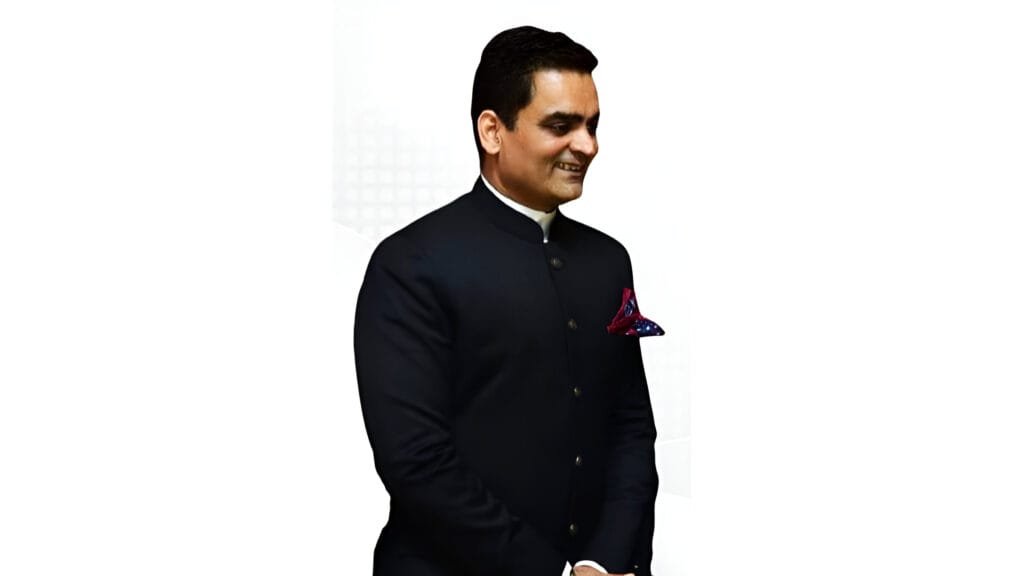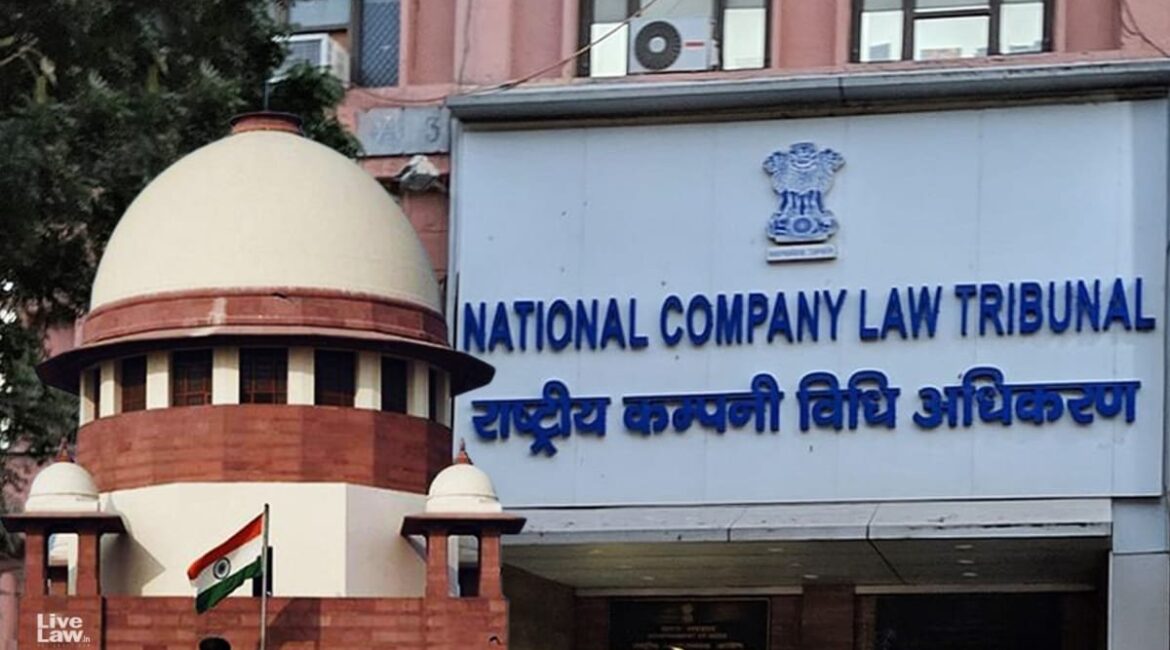New Delhi [India], December 2: The path to receiving the remaining ₹12.5 crores from Rudra Buildwell Project Pvt. Ltd. has been cleared for Synergy Venture due to the orders of the National Company Law Appellate Tribunal (NCLAT) on November 19, 2024.
The beneficiaries of the central government’s policies are all those segments of society that contribute to the country’s progress, including businessmen, traders, and entrepreneurs. These sectors are not excluded from the benefits, as the Modi government created the National Company Law Tribunal (NCLT) and the National Company Law Appellate Tribunal (NCLAT) during its first term. One prominent example of this is Synergy Venture, a well-known business based in Varanasi, whose ₹12.5 crores, which were stuck with Rudra Buildwell Project Pvt. Ltd., now have a clear path to be retrieved thanks to the stringent and fast-track legal framework provided by these tribunals.
National Company Law Tribunal (NCLT):
NCLT is a quasi-judicial body in India that resolves disputes related to companies under the Companies Act, making decisions on matters such as arbitration, settlement, reconstruction, and winding up of companies. It was established under the Companies Act of 2013 by the Modi government in 2016. It has been a significant boon to companies, not only safeguarding their capital but also ensuring job security for thousands of people, thus keeping the economy running and families moving forward.
If a party is dissatisfied with the decision of the NCLT, the matter can be appealed in the NCLAT. NCLAT, which came into effect on December 1, 2016, hears appeals against decisions made by NCLT and also has jurisdiction over orders passed by the Insolvency and Bankruptcy Board of India (IBBI) under the Insolvency and Bankruptcy Code, 2016.
The power of the NCLT law can be understood through the example of Mukesh Khurana, who holds stakes in 40 companies, including prestigious firms like Godrej and ACE. Khurana’s family owns 53 companies, and according to the Ministry of Corporate Affairs (MCA) data, these companies contribute an average of ₹110 crore annually in TDS over the past five years. Despite this, the Synergy Venture team, led by Rajendra Mohan Pathak and Rajat Mohan Pathak, faced unfair treatment from Rudra Buildwell Project Pvt. Ltd., accusing them of misappropriation of ₹12.5 crore.

Case Details of Synergy Venture and Rudra Buildwell Project Pvt. Ltd.:
Synergy Venture, represented by Senior Advocate Shivam Kumar of the Supreme Court, invested capital in Rudra Buildwell Project Pvt. Ltd., receiving returns until November 7, 2014. However, following the death of Rajendra Mohan Pathak, the company’s official communication informed Rudra Buildwell of the change in ownership, with Rajat Mohan Pathak becoming the sole proprietor. Despite this, Rudra Buildwell continued to provide returns until 2017-18, when they abruptly stopped. After several failed negotiations, Synergy Venture filed a petition in NCLT on September 19, 2021, seeking recovery of the dues. However, NCLT ruled against Synergy Venture, stating that the change from an Association of Persons (AOP) to a sole proprietorship made the petition invalid.
Appeal in NCLAT and Victory for Synergy Venture:
Synergy Venture, represented by Senior Advocate Uday Chandani, appealed this decision in the National Company Law Appellate Tribunal (NCLAT) against NCLT’s verdict in February 2024. After nine months of hearings, NCLAT, in its judgment on November 19, 2024, upheld Synergy Venture’s petition and directed the NCLT to reconsider the case, allowing Rajat Mohan Pathak to file the petition under his name as the sole proprietor.
Statement from Synergy Venture’s Proprietor:
Rajat Mohan Pathak, the proprietor of Synergy Venture, expressed his faith in the Indian judiciary, stating that this case is not just about two companies but represents the survival of small traders, industrialists, and businesses. Such individuals often face legal hurdles and harassment from powerful capitalists who push them into financial distress or even bankruptcy. The Modi government, understanding these challenges, created NCLT and NCLAT as powerful tools to address such injustices. Without this fast-track legal framework, small investors, traders, and industrialists would have lost their capital, faced prolonged legal battles, or gone bankrupt, which would have negatively impacted thousands of people dependent on these businesses for their livelihoods.
The NCLT and NCLAT laws have not only helped protect businesses but also provided a strong legal shield for everyone associated with them, ensuring that no one can exploit them unfairly. This robust legal structure ensures that dishonest businessmen who attempt to drive others into bankruptcy can themselves be held accountable and made bankrupt under the Insolvency and Bankruptcy Code, 2016 (IBC).
If you have any objection to this press release content, kindly contact pr.error.rectification@gmail.com to notify us. We will respond and rectify the situation in the next 24 hours.

